English boxing icon Ricky Hatton has become a sad case indeed. After being pushed from boxing’s upper tier by Manny Pacquiao in 2009, courtesy of one of the most brutal knockouts in the sport’s history, Hatton apparently descended into the sad and all too frequently full realm of drug and alcohol addiction.
This past week the Daily Mail reported that Hatton had once again moved out of the lavish home he has shared with longtime girlfriend, Jennifer Dooley. The Mail retold a story that Hatton recently disappeared for a spell after “going out for a drink.” When he finally returned to the mother of his two children, the story goes, he found she was none too happy. As if anyone could blame her.
What’s even sadder about Hatton’s sad state of affairs is that it’s all too common a story, both in and out of the ring. Those who have been, or who know people who have been, addicted to alcohol and/or drugs don’t need to be told how painful the entire experience can be. For others, however, empathy can be hard to come by.
This may be especially true in the case of famous fighters. Noted boxers like Hatton, after all, seem to have it all. Hatton, for instance, has an attractive home and a beautiful family. He’s also earned a ton of money by virtue of his profession. In short, he’s blowing it. Just like fighters from John L Sullivan to Mike Tyson to Oscar De La Hoya have blown it.
Yet these individuals deserve just as much sympathy as the next addict – at least to a point. Adherents of Alcoholics Anonymous, for instance, will be quick to state their belief that alcoholism is rarely asked for, and that its consummation with the alcoholic is hardly a matter of free will.
In other words, no addict walks into the world of addiction willfully. This is especially true of alcoholics. In short, addicts have a sickness and should be looked upon as being sick people. On the other hand, adherents of AA will also likely point out that it is ultimately the responsibility of the addict to grow up, dry out, get clean, and become sober.
This applies to boxers just as it does to anyone else. It has to be tough when you’re Oscar De La Hoya, Mike Tyson or Ricky Hatton, though. You’ve probably spent your formative and prime years surrounded by “yes men,” after all – people who constantly remind you of how great you are, people who give you the impression you can do no wrong.
Still, it’s up to Hatton to get (and to keep) away from that which will destroy him. Just like it’s been the case for De La Hoya and Tyson. Yet, it’s important that these men be empathized with. Not excused. Not enabled. Empathized with. For the addict is playing with death, plain and simple. Addiction is, without doubt, tougher than any opponent these men have met in the ring.
Why? Because it doesn’t go away. The addict has to beat it down every day. That’s why those who stop drinking and doing drugs call themselves “recovering” addicts rather than “recovered” ones. The addiction never leaves, even if the craving hopefully (and usually) does at some point.
Joe Calzaghe once opened up about his cocaine use by saying life pretty much wasn’t the same after he stepped out of the spotlight. The same is undoubtedly true for Hatton, De La Hoya and Tyson. We can’t help these guys defeat their demons, but we can appreciate it when addicts try to turn their lives around. Eye rolling and mockery helps no one. Addicts don’t deserve it. Especially recovering addicts who can ultimately end up redefining what it means to be a champ.






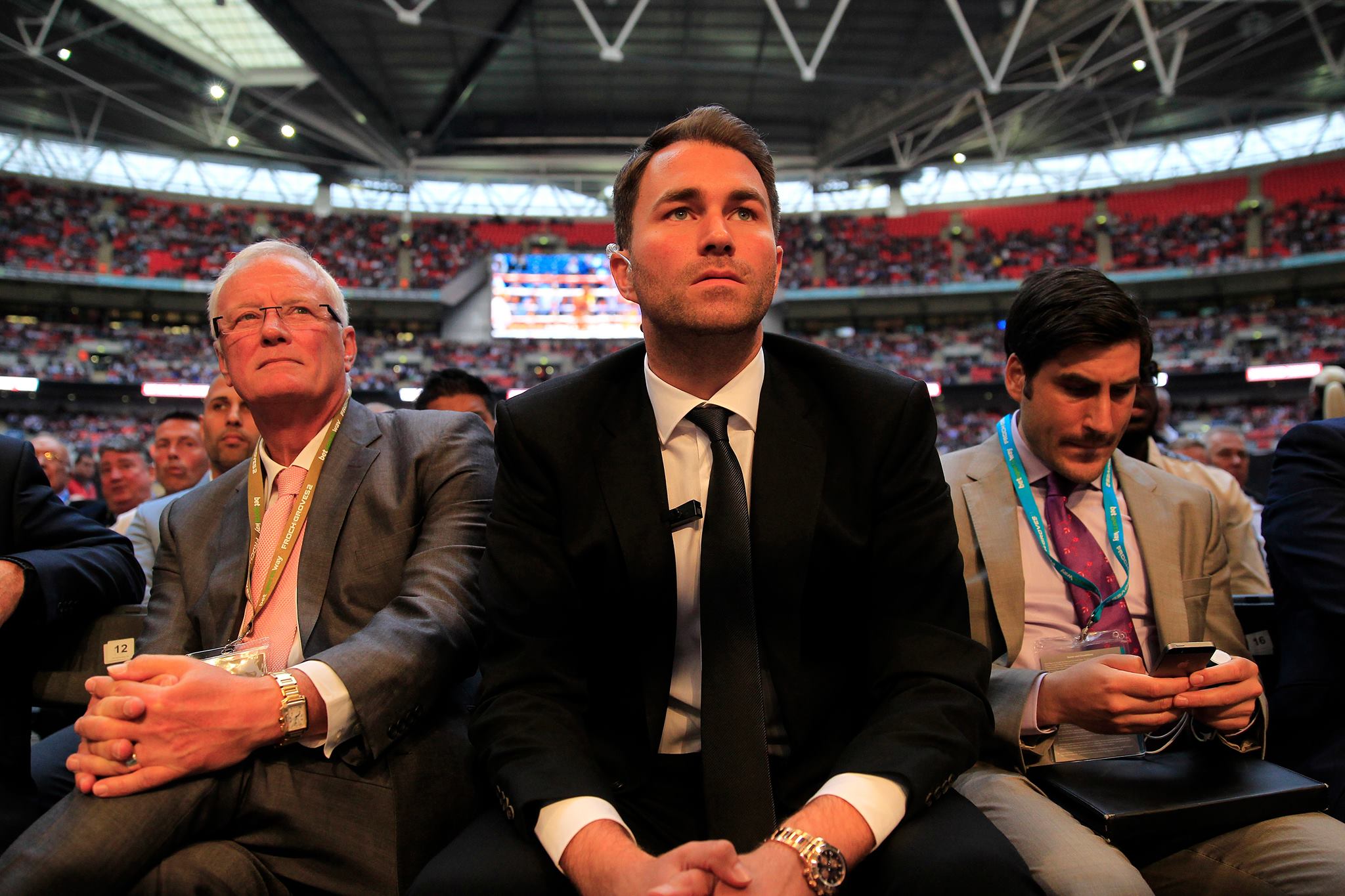
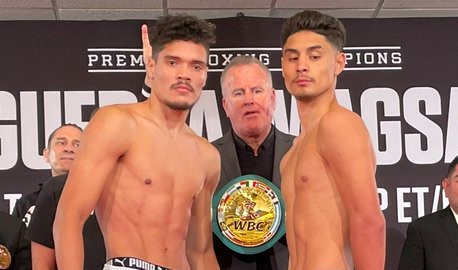
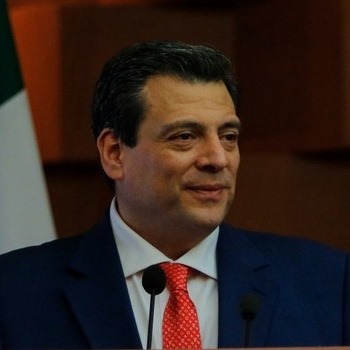







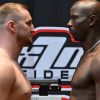
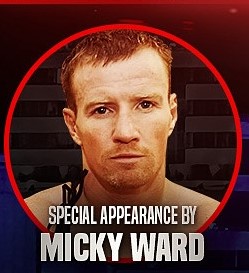

AlbertImipt
06/25/2024 at 1:22 am
pin-up oyunu https://azerbaijancuisine.com/# pin up casino
pin-up oyunu
JeffreyMok
06/26/2024 at 9:31 am
https://northern-doctors.org/# best online pharmacies in mexico
JeffreyMok
06/26/2024 at 12:39 pm
http://northern-doctors.org/# mexican mail order pharmacies
JeffreyMok
06/26/2024 at 3:39 pm
https://northern-doctors.org/# buying from online mexican pharmacy
JeffreyMok
06/26/2024 at 6:31 pm
http://northern-doctors.org/# pharmacies in mexico that ship to usa
Williamfrumn
06/26/2024 at 10:14 pm
mexican border pharmacies shipping to usa: northern doctors pharmacy – best online pharmacies in mexico
JeffreyMok
06/27/2024 at 12:04 am
https://northern-doctors.org/# pharmacies in mexico that ship to usa
Williamfrumn
06/27/2024 at 12:05 am
mexico pharmacy: mexican pharmacy online – mexican pharmaceuticals online
Williamfrumn
06/27/2024 at 1:59 am
п»їbest mexican online pharmacies: mexican pharmacy online – pharmacies in mexico that ship to usa
Williamfrumn
06/27/2024 at 5:40 am
mexico pharmacy: mexican northern doctors – medicine in mexico pharmacies
JeffreyMok
06/27/2024 at 9:11 am
https://northern-doctors.org/# reputable mexican pharmacies online
JeffreyMok
06/27/2024 at 4:44 pm
https://northern-doctors.org/# mexico pharmacy
JeffreyMok
06/27/2024 at 9:49 pm
https://northern-doctors.org/# mexican online pharmacies prescription drugs
Williamfrumn
06/27/2024 at 11:27 pm
buying from online mexican pharmacy: mexican pharmacy northern doctors – reputable mexican pharmacies online
JeffreyMok
06/28/2024 at 12:31 am
http://northern-doctors.org/# mexican online pharmacies prescription drugs
Williamfrumn
06/28/2024 at 1:06 am
pharmacies in mexico that ship to usa: northern doctors pharmacy – medication from mexico pharmacy
JeffreyMok
06/28/2024 at 8:22 am
http://northern-doctors.org/# mexican border pharmacies shipping to usa
Williamfrumn
06/28/2024 at 10:46 am
mexican pharmaceuticals online: northern doctors – mexican rx online
JeffreyMok
06/28/2024 at 11:05 am
http://northern-doctors.org/# buying from online mexican pharmacy
JeffreyMok
06/28/2024 at 1:44 pm
https://northern-doctors.org/# purple pharmacy mexico price list
JeffreyMok
06/28/2024 at 4:28 pm
https://northern-doctors.org/# п»їbest mexican online pharmacies
Williamfrumn
06/28/2024 at 5:29 pm
mexico pharmacies prescription drugs: Mexico pharmacy that ship to usa – mexican drugstore online
Richardled
06/28/2024 at 6:01 pm
mexico drug stores pharmacies [url=https://northern-doctors.org/#]northern doctors pharmacy[/url] reputable mexican pharmacies online
Williamfrumn
06/28/2024 at 8:50 pm
purple pharmacy mexico price list: mexican northern doctors – purple pharmacy mexico price list
JeffreyMok
06/28/2024 at 9:49 pm
https://northern-doctors.org/# mexican online pharmacies prescription drugs
Williamfrumn
06/28/2024 at 10:30 pm
mexico pharmacies prescription drugs: Mexico pharmacy that ship to usa – mexican border pharmacies shipping to usa
Stephenrhype
06/29/2024 at 3:26 am
reputable mexican pharmacies online: cmq mexican pharmacy online – mexican border pharmacies shipping to usa
Ronnienop
06/29/2024 at 3:55 am
mexico pharmacy [url=http://cmqpharma.com/#]buying prescription drugs in mexico[/url] buying from online mexican pharmacy
Ronnienop
06/29/2024 at 12:29 pm
pharmacies in mexico that ship to usa [url=https://cmqpharma.online/#]cmq pharma[/url] buying from online mexican pharmacy
Ronnienop
06/29/2024 at 3:21 pm
mexico drug stores pharmacies [url=https://cmqpharma.com/#]cmq pharma mexican pharmacy[/url] mexico pharmacies prescription drugs
Ronnienop
06/29/2024 at 9:28 pm
mexican rx online [url=http://cmqpharma.com/#]cmq pharma mexican pharmacy[/url] purple pharmacy mexico price list
Ronnienop
07/02/2024 at 4:00 am
medication from mexico pharmacy [url=http://cmqpharma.com/#]mexican online pharmacy[/url] mexico pharmacy
CharlesRor
07/19/2024 at 10:54 pm
mexican pharmacy [url=https://foruspharma.com/#]buying prescription drugs in mexico online[/url] mexico pharmacies prescription drugs
Davidtoows
07/20/2024 at 2:02 am
canada drugs: prescription drugs canada buy online – canadian pharmacy online reviews
CharlesRor
07/20/2024 at 5:58 am
northwest canadian pharmacy [url=https://canadapharmast.com/#]canadian pharmacy king reviews[/url] canadian pharmacy oxycodone
Davidtoows
07/20/2024 at 6:59 am
cheapest online pharmacy india: reputable indian online pharmacy – reputable indian online pharmacy
Davidtoows
07/20/2024 at 8:16 am
mexico drug stores pharmacies: medication from mexico pharmacy – mexican pharmaceuticals online
Michaelmoolo
07/20/2024 at 8:41 am
reputable indian pharmacies: top online pharmacy india – top online pharmacy india
Davidtoows
07/20/2024 at 1:36 pm
top 10 pharmacies in india: Online medicine order – indian pharmacies safe
CharlesRor
07/20/2024 at 4:02 pm
best online pharmacies in mexico [url=http://foruspharma.com/#]mexico drug stores pharmacies[/url] mexican border pharmacies shipping to usa
Michaelmoolo
07/20/2024 at 6:09 pm
mexican drugstore online: mexico pharmacy – mexico pharmacies prescription drugs
EdwardLoobe
07/21/2024 at 2:59 am
http://canadapharmast.com/# canada drug pharmacy
Davidtoows
07/21/2024 at 4:01 am
online pharmacy india: cheapest online pharmacy india – top online pharmacy india
Davidtoows
07/21/2024 at 8:52 am
recommended canadian pharmacies: pharmacies in canada that ship to the us – canadian pharmacy price checker
Jamesjam
07/21/2024 at 5:47 pm
ciprofloxacin: buy cipro online – where to buy cipro online
Thomaskef
07/22/2024 at 2:15 am
http://doxycyclinedelivery.pro/# buy doxycycline online
Thomaskef
07/22/2024 at 10:06 am
https://amoxildelivery.pro/# amoxicillin 500 mg purchase without prescription
Thomaskef
07/22/2024 at 6:00 pm
https://doxycyclinedelivery.pro/# doxycycline online paypal
Jamesjam
07/22/2024 at 7:01 pm
cheap clomid pill: order clomid – cost of generic clomid price
Jamesjam
07/23/2024 at 3:02 am
ciprofloxacin: buy generic ciprofloxacin – buy cipro cheap
Thomaskef
07/23/2024 at 9:12 am
http://paxloviddelivery.pro/# paxlovid generic
Thomaskef
07/23/2024 at 4:30 pm
https://paxloviddelivery.pro/# Paxlovid buy online
Thomaskef
07/23/2024 at 6:48 pm
http://ciprodelivery.pro/# ciprofloxacin order online
Thomaskef
07/24/2024 at 12:50 am
https://clomiddelivery.pro/# where can i buy cheap clomid online
Myronnepay
07/24/2024 at 6:33 am
https://ciprodelivery.pro/# cipro 500mg best prices
amoxicillin no prescipion [url=http://amoxildelivery.pro/#]amoxicillin without rx[/url] generic amoxicillin 500mg
Jamesjam
07/24/2024 at 9:14 am
doxycycline rx: doxycycline capsule price – doxycycline mono
Jamesjam
07/24/2024 at 5:06 pm
amoxicillin 500mg cost: amoxicillin 500mg without prescription – price for amoxicillin 875 mg
Jamesjam
07/24/2024 at 9:49 pm
paxlovid price: paxlovid for sale – Paxlovid buy online